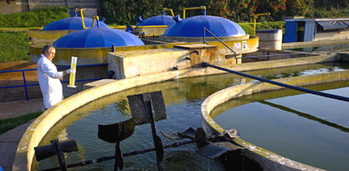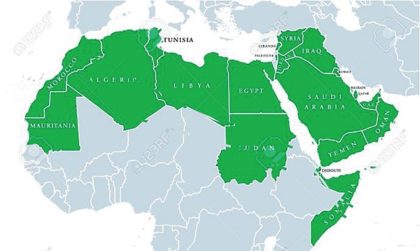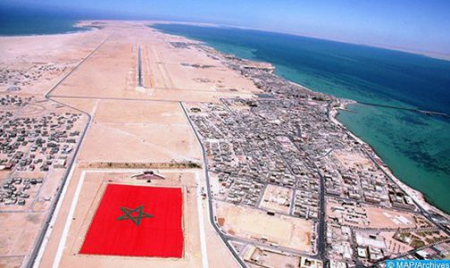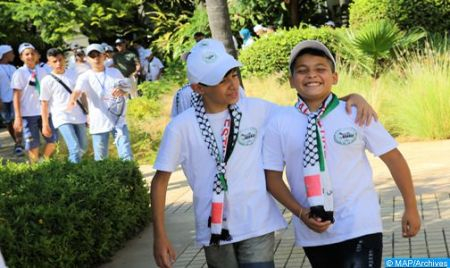Morocco and Egypt have signed a memorandum of understanding (MoU) providing for an enhanced cooperation in the field of sustainable management of water resources.
The MoU was initialed in Dubai on Monday, on the sidelines of COP28, by the Moroccan and Egyptian Ministers of Water, Nizar Baraka and Hani Sweilem.
The agreement aims to strengthen cooperation between the two countries in the management and sustainable development of water resources, and to establish a cooperative relationship based on equality and mutual interests in this field in the short, medium, and long term.
The areas of cooperation encompass modern technologies for rainwater reuse, flood management, design, construction, and administration of dams and hydraulic structures, innovative agricultural wastewater treatment technologies, adaptation of water resources to climate change, capacity building for professionals in water resource use and development, as well as advancements in seawater desalination technologies.
This cooperation banks on Morocco’s pioneering experience in desalinating seawater using solar energy, and on Egypt’s extensive expertise in reusing wastewater for agricultural purposes.
Under this MoU, the two parties commit to exchange data, experiences, documents, and scientific research in these water-related areas. They will exchange experts in water resources to offer advice and technical assistance, organize training sessions, and arrange study visits for executives and experts from both countries in water resource management and development. The agreement also includes participation in water-related scientific and technical seminars and conferences in both nations.
A permanent joint technical committee will oversee the implementation of the cooperation agreed upon. This committee will convene periodic meetings every six months, alternating in Rabat and Cairo, and submit reports to the relevant ministers in both countries.
It is tasked with creating an executive program every two years, monitoring its implementation, assessing achievements resulting from bilateral cooperation, and seeking solutions to overcome obstacles.
The agreement activates the Action for Water Adaptation and Resilience Initiative, which is meant to bolster efforts and enhance capacities to establish water management systems on the ground. The initiative also seeks to exchange expertise and experiences among Middle Eastern and African countries on water-related issues, enabling these countries to access funding for their projects.



